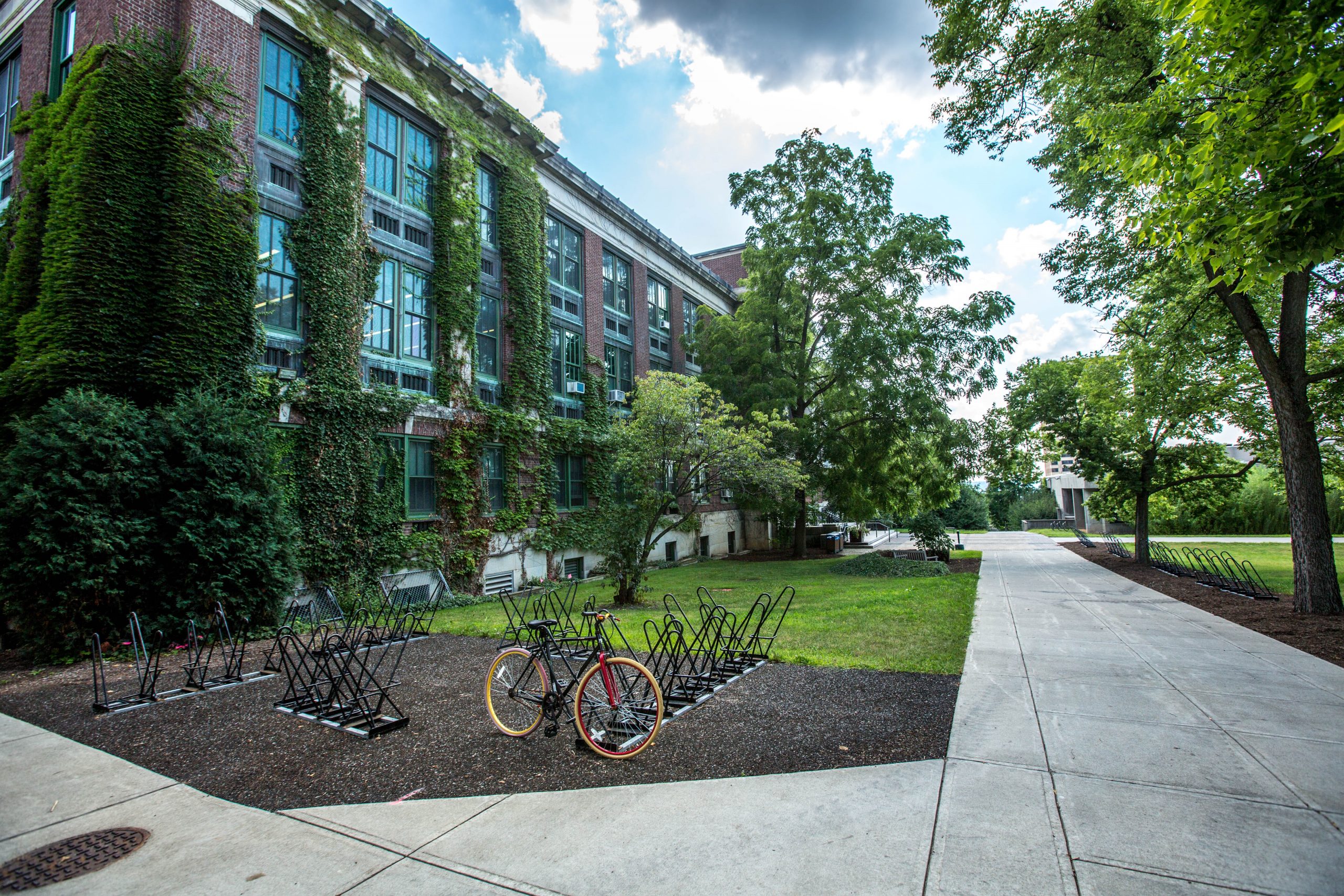When thinking about unique college experiences, international students and first-generation college students often come to mind. Theirs is indeed an uncommon experience and it is fulfilling to see each group gain the recognition and support they deserve. These include programs designed to provide them with helpful resources to navigate their college experience as well as scholarships specific to first-generation or international college students.
However, children of immigrants to the United States that attend university here have unique experiences of their own, and face many of the same obstacles first-generation college students face. Yet, they are often overlooked in discussions of marginalized groups on campus. This article seeks to highlight the experiences of these students, discuss the obstacles they face and suggest ways to aid them in their academic endeavors.
Navigating the American Education System as a Child of Immigrants
Although many of their parents may be college graduates, the experiences of children of immigrants in American colleges differ greatly from their parents’ college experiences. These educational systems are, quite literally, worlds apart, having distinct social norms, teaching styles, classroom etiquette, expectations of their students and more. The way a student may approach an American professor is quite different from how a student in Japan, for example, is expected to interact with their professor. While attending office hours is often encouraged at universities in the United States, the same may not be true for a university on the other side of the world.
Classrooms are also unique, with differences in classroom etiquette, the ways in which professors address their students and how students are expected to participate in class and interact with their peers. These large distinctions make it difficult for immigrant parents to share advice based on their own experiences, as their perspectives may be vastly different from those of an American college student. Thus, while students with American-born parents enjoy the privilege of having relevant guidance throughout their college experiences, many first-generation American students have little to no parental advice to help navigate the unfamiliar environment of college on their own.
The College Admissions Process
The process of applying to and being admitted into universities is another distinct obstacle that children of immigrants must navigate on their own. To use my own experience as an example, my parents’ college admissions procedure was much different than my own, and I had to learn what to do as I went along. My parents attended university in Egypt, where high school seniors decide on their preferred career field by graduation and automatically apply to the relevant schools within the universities they rank based on their preferences.
These schools then look at their test scores, high school transcripts and overall academic performance to determine whether or not to admit them. Additionally, a student’s college admissions test score determines which career paths they qualify for, with programs in medicine and health care requiring the highest scores for admission. So, if a high school senior scores just below the cutoff point for admission into medical school, they may not pursue this career path but may pursue any other field with qualifying scores less than or equal to the student’s score.
However, this also means that if a student scores high enough to qualify for admission to medical school but is not interested in matriculating into such a program, they are able to join any other program of their choice. This is quite different from the American college admission process, where students must receive an undergraduate education before pursuing a graduate education or other training to work in a specific career field. Therefore, an immigrant parent’s advice on how to successfully navigate the college admission process may be of little relevance to their children, who have to go through a process much different from theirs.
A large obstacle for many first-generation American college students is applying for financial aid. While this may not apply to all immigrant families, many children of immigrants come from low-income households and require federal financial aid to put themselves through school. However, the process of applying for financial aid, most commonly through the Free Application for Federal Student Aid, or FAFSA, is a laborious, complicated process.
This, coupled with the obstacles that come with having immigrant parents, like language barriers, lack of documentation and more, makes applying for financial assistance in college difficult and time-consuming. It is a task they most commonly have to figure out alone and then explain to their parents in order to uncover the relevant information needed to complete the application. Thus, children of immigrants attending college in America must, oftentimes, endure hardships and obstacles alone without parental guidance or advice, while those with U.S.-educated parents benefit from their parents’ past experiences.
Other required tasks needed to complete the college admissions process include writing essays and attending interviews, stages of the college application process that not all countries participate in. This presents another area in which parental advice to children of immigrants has limited usefulness.
Additionally, activities like touring various colleges present another obstacle: Many immigrant families may not have the means to fund such trips, or may not have the flexibility to let the student leave home for an extended period of time. These reasons may include babysitting siblings while parents work in the evenings, or if the student themselves must work evenings to provide for their parents and siblings. In such ways, the children of immigrants to the U.S. often face obstacles that their counterparts with U.S.-educated parents do not experience.
While first-generation college students and international students are certainly deserving of the support and recognition offered to them, the experiences of college students with immigrant parents is not much different. These students endure much of the same struggles as other student demographics, all having to navigate their college experience largely on their own. As such, recognizing the efforts and providing support to students with immigrant parents is long overdue.

















